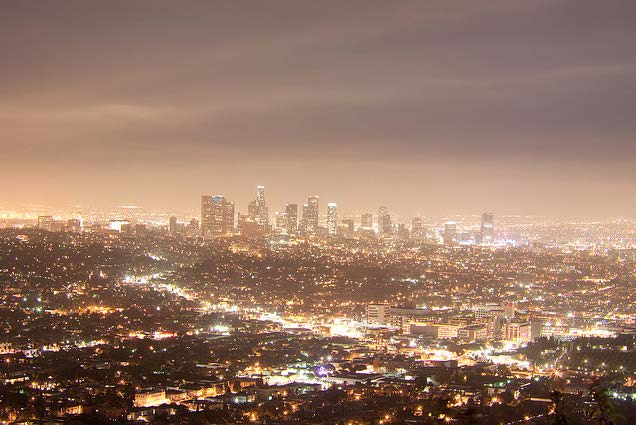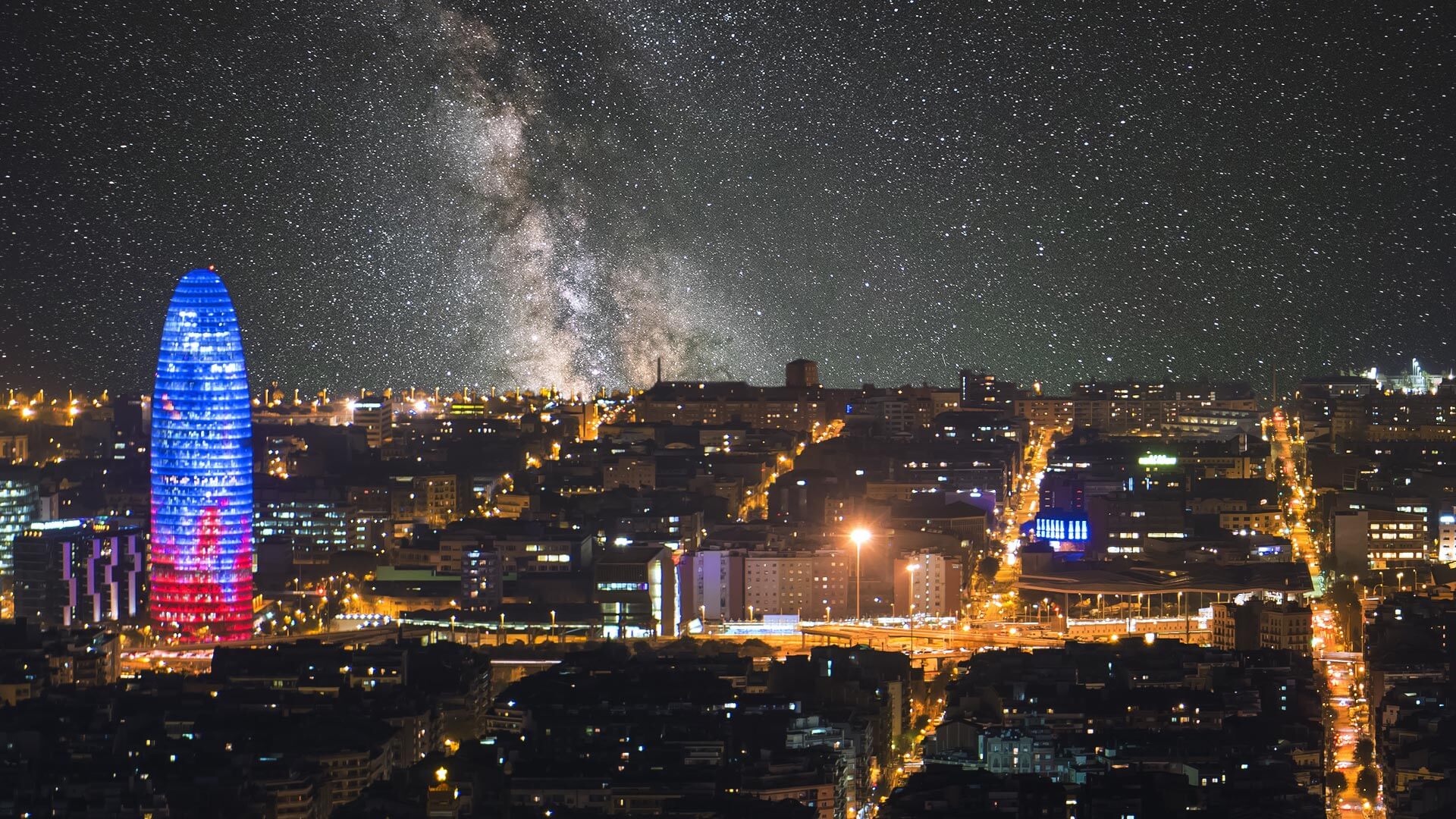Electric lights are a modern convenience that most people can’t really imagine life without. Lights, on the other hand, have had a profound effect on the natural world. The following are some of the effects of light pollution:
In the existence of man-made light, some birds are singing at times that aren’t in keeping with their normal circadian rhythms.
Migration schedules may be affected by the longer feeding times provided by long artificial days.
Inexperienced sea turtles can be stymied by street lights, which can interfere with their ability to find their way from a beach to open water. They tend to go in the reverse way on a regular basis.
Sky glow, a term for light pollution, obstructs the view of the night sky for amateur and professional astronomers alike.

Synthetic light can completely alter the flowering and development patterns of plants.
By destroying the nitrate radicals that help disperse smog, light pollution could be making the problem worse, according to a study by American Geophysical Union.
Is it really necessary to turn on so many lights? Over-illumination wastes 2 million barrels of oil every day, according to a study published in the International Journal of Science research, and lighting accounts for one-fourth of all global energy consumption.




